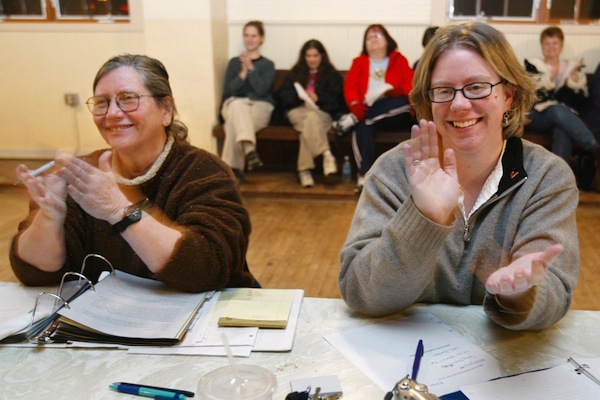Boko Haram, an Islamic militant group in Nigeria, reportedly caused the deaths of more than 136 people. Nigeria has experienced increased terrorism over the past year due to their violent actions.
The group, whose name translates to “Western education is forbidden,” has set off bombs and shot Nigerians. Their purported goal is to create a separate nation in northern Nigeria ruled by an Islamic government.
“This is another militant group in Africa, like Al-Shabab, that seeks to instill their religious beliefs over that of a democratic government,” junior David Abraham said. “I think it would be allowed under our constitution if it was nonviolent, but the car bombs and violent activities make it an internal terrorist organization.”
One of the largest and most publicized incidents occurred when a suicide car bomber attacked the UN headquarters in Abuja Aug. 26 and killed 21 people. A spokesperson for Boko Haram later claimed responsibility for this attack.
Recent shootings occurred in the capitals of Yobe State, Damaturu, and Maiduguri Nov. 5. The attack killed approximately 67 people, destroyed a new police headquarters and damaged government facilities.
In order to combat Boko Haram, the Nigerian government has employed various anti-terrorist tactics. Their latest attempts include door-to-door searches for weapons in civilian homes along with deployment of approximately 20,000 members of the military to combat potential attacks. However, Boko Haram has survived government attempts to defeat and disband the organization.
“Goodluck Johnathan, the President of Nigeria, probably should ask for help from the African Union to fight them so that they do not join with Al-Shabab or start attacking Kenya, Somalia or Chad,” Abraham said.
Lawmakers are also establishing a security fund to help the military combat Boko Haram. The funds will go to task forces in the northern states with the goal of improving responses to bombings and shootings.
Jonathan originally proposed giving amnesty to all Boko Haram members to stop the attacks. This solution inspired rage from citizens and members of government. Based on discontent from this proposal, senators proposed a bid to give Jonathan a vote of no confidence Nov. 15, an action that was shut down by Senate President David Mark. This anger also came from feelings that Jonathan has not done enough to protect citizen’s lives from the attacks. To ease tensions, the Senate met with Jonathan to discuss security measures.
“I think also that there is an ongoing review which means that the measures will continue to be upgraded and improved with time,” Senator Enyinnaya Abaribe said after the executive meeting Nov. 15, according to the Nigerian Voice. “This is a new phenomenon that has just come to Nigeria, and I am sure that the security agencies will handle the situation with time.”
Extremist groups Al-Qaeda and Boko Haram may be coordinating efforts. Some experts suspect that members may train together and that the groups have worked together in other areas as well.
“We have no doubts that coordination exists between Boko Haram and Al-Qaeda,” Algerian deputy foreign minister Abdelkader Messahel said, according to MSNBC Nov. 13. “The way both groups operate and intelligence reports show that there is cooperation.”
As of yet, cooperation between Boko Haram and Al-Qaeda is unconfirmed. However, as Boko Haram attacks continue, the Nigerian government continues to act against the violence. #










